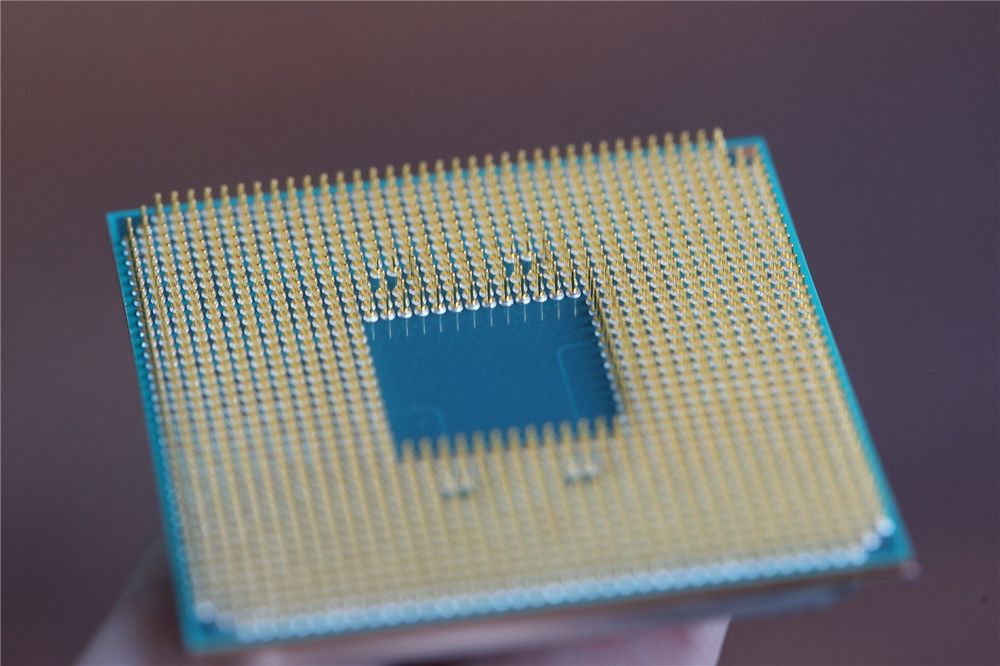Lisa Su, head of AMD, promised that this year we will see the launch of the Zen 3 architecture that will power Ryzen 4000 desktop processors (Vermeer) and EPYC server processors (Milan). Some time ago there were rumors that the new generation of Ryzen would debut this October with RDNA2-based graphics cards.
In the meantime, the DigiTimes portal, referring to its sources at motherboard manufacturers, indicates that Ryzens 4000 may be released slightly faster. This is very good news, as we are talking about the probably most anticipated CPU this year, at least by the fans of the red team. Of course, we don’t know yet if AMD’s plans will not be verified by the coronavirus epidemic, but at the moment it’s better not to assume black writing.
According to reports, AMD plans to release its Ryzen 4000 desktop CPUs in August or September
DigiTimes sources say AMD originally planned to unveil the Ryzen 4000 (Vermeer) series at Computex 2020 in late May. However, as we know, this event has been postponed to September due to the global epidemic of COVID 19 disease. It is still possible that the show will be canceled, depending on how the pandemic progresses.
Nonetheless, it has been reported that AMD intends to introduce its new desktop processors in August or September, i.e. faster than the recent leaks. This is of course just a rumor, and it is better not to get too much hope, although if the Intel Comet Lake S processors prove to be a serious threat to the Ryzen 3000 series, the Reds may need to respond quickly with new products.
We would like to remind you that the paper edition of the 10th generation CPU of the Santa Clara giant is expected on April 30th, and reviews and sales are expected to start on May 27th.
The Vermeer CPUs will be based on the Zen 3 architecture, which will continue to be based on the 7nm technology process, but in an improved version. We do not yet have confirmation of this information, but we can assume that, unlike Intel’s new products, the upcoming Ryzens will continue to be based on the existing base (AM4).
They will also receive new 600 series chipsets, but there should be no compatibility issues with their predecessors. In terms of performance, recent leaks suggest that we can expect a 10-15% increase in IPC (Clock Cycle Instructions). This would be a similar leap to the one we recorded between the first and second generation of Zen.
